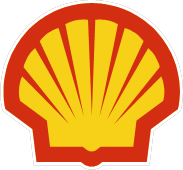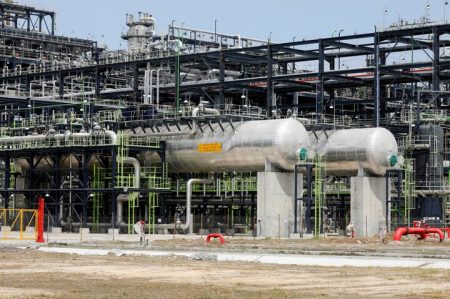 Jimoh Babatunde
Jimoh Babatunde
& Daniel Eteghe
21 December 2011, Sweetcrude, LAGOS—Nigeria’s Minister of Information Labaran Maku, Tuesday, said deregulating the downstream petroleum sub-sector was important in growing the industry rather than the enormous amount used in subsidising the sector by the government
Speaking at the Presidential Wing of the Murtala Muhammed Airport, Lagos, Maku, who came to receive President Goodluck Jonathan, said if the petroleum sector was deregulated, it would encourage private investors in the oil industry, like the telecommunication and aviation sectors.
Blaming the media for turning the debate on deregulation upside down, Maku said it was shameful that the nation could not refine its crude oil into finished products, stressing that the real value was in the finished product.
Maku said: “Unfortunately, the media have helped in throwing the debate upside down. Each time, you talk of deregulation, you are talking of subsidy. Subsidy is not the issue. Look at thousands of Nigerians that have been employed in the telecoms industry in the last 10 years, government didn’t put a kobo into the firms, but the private sector put the money.
“Deregulation involves the private sector coming in and because we chase them off, the sector has not been developed. There are people with 20 licences now with their own refineries and because government controls the price of fuel, no bank wants to give them money.
“Once it is deregulated, like we see in aviation and telecoms sectors, private capital will come in to invest in the sector and turn Nigeria into a hub of export of finished products rather than export of crude oil,” he stressed.
He said: “So, the actual thing is not about subsidy, but about deregulation to free the sector for massive infusion of capital and technology to grow it and earn more money for Nigeria.”
The information minister argued that the deregulation policy was to grow the economy and expand the downstream sector which would in turn create employment opportunities for Nigerians.
Maku said: “The deregulation policy is to grow the economy, expand the downstream sector, employ more Nigerians and generate more money for Nigeria because each barrel of crude oil you sell for $100, it has kerosene, bitumen, aviation fuel, premium motor spirit, diesel and you sell all that for $100. So, it is European and Asians that are making money from Nigerian crude oil for 53 years, instead of us to add value to this product, we became seller of crude oil, which is a shame.”
He, however, noted that the Federal Government had concluded plans to revamp the four comatose national refineries in preparation for a massive refining of the product within the country.



